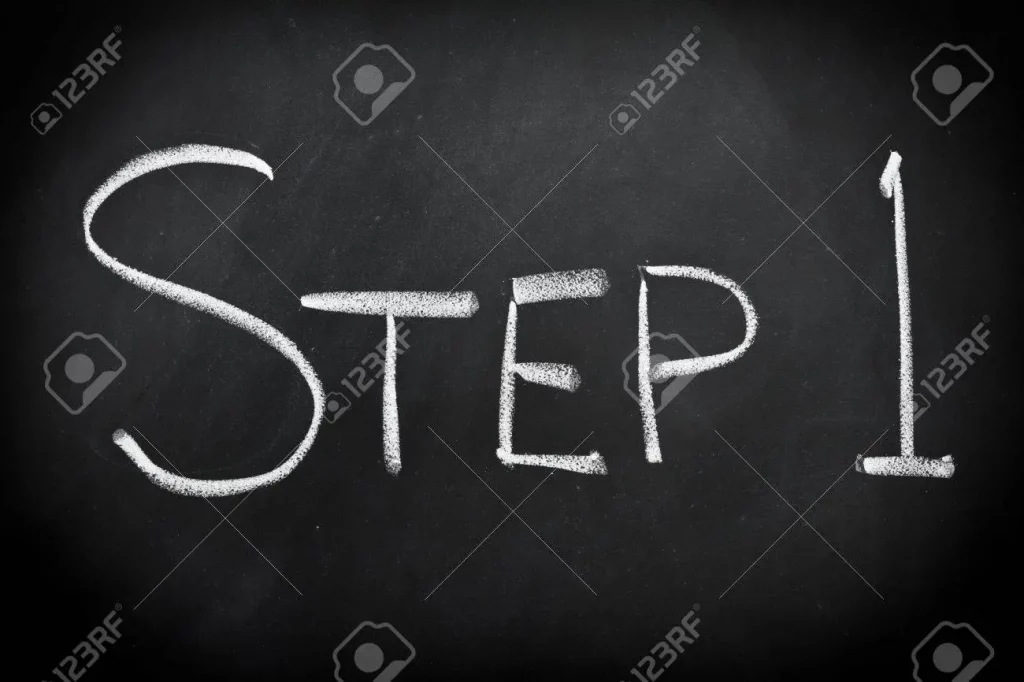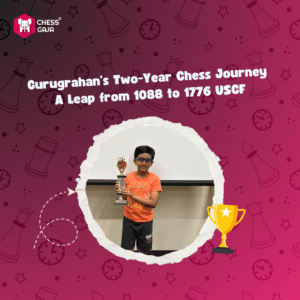Analyzing Chess Games is a 2 step process
Step – 1 Dispassionately add all your analysis and thoughts from the game into your Chessbase or Lichess software. We can also call this Self-analysis.
Step – 2 Checking with the engine to compare your notes and thoughts with the engine. This is Computer analysis.
Raise your hand if you only do step-2 to see the missed opportunities or blunders, and consider that as game analysis!
In my opinion, the above approach should be called blunder check and not game analysis. Analyzing a game is much deeper, where you try to find the root of the problem, and it should take more time than just a 5 minute quick run through the engine.
Step-1 of Analyzing your game

The correct method to analyze the chess game would be to add all your notes to the game.
1)All the variations that you had calculated on the board that did not happen in the game
2)The evaluation of all the variations that you had calculated during the game
3)Input the time taken to make the crucial decision on the board (You should write down your time on the clock, once in 5 moves in my opinion, and this is an absolute must if you are a player regularly getting into time trouble)
4)Add text annotation of the points where you felt psychologically compelled to make a few moves where you gave in to your feelings rather than logic (Example – You might have found a move very attractive to play, but on the other hand, you might have had a solid advantage option, but you ended up playing the attractive sacrificial line)
Step-2 of Analyzing your game

Once you have added all the notes and have a good idea of the game, you can now do a blunder check by running the engine to see the missed opportunities and wrong evaluation of the positions you did.
When you do a combination of self-analysis with computer analysis, you will get a clear idea of your play and be able to find out your strengths and weaknesses.
Which games to analyze?

I also often notice that students analyze only the games they lost, as they think they played a perfect game every time they won! I would strongly suggest you analyze all your games irrespective of the result, as even in the games that you had won, there are good chances you would have made multiple mistakes, and it’s just that your opponent might have made the final big blunder making you win the game.
Saving your chess game analysis properly

A Screenshot of GM Priyadharshan My Games
Most students don’t save the game properly in a structured manner and save it haphazardly in many Lichess studies or tournament databases.
The right method would be to create a database called “My Games” in Chessbase if you use Chessbase software. Then, you should input the complete information about the game, including tournament name, opponent name, your name, opponent rating etc.
The reason why it’s important to store it in a single database and the proper manner is because you might need to refer to these games even 5 years later or 10 years later.
If you have saved things in a proper format, you can easily pull up the information. If not, you might lose some valuable information, and imagine what would happen if you wanted to write the 100 best games book and didn’t know whom you played against in a particular game!
I hope this blog gave you some clarity on analyzing a chess game properly and a few other things related to that topic. Do let me know in the comments if you have any additional questions or feedback, and let me know if you would like to read about some particular topic in the upcoming newsletters.
P.S – We have completely redesigned the Chess Gaja website from scratch to make it modern for 2022! In the comments, let me know what you like about the new design and the things that don’t work for you in this design. We need your feedback to update and upgrade the website in the coming months.
Regards
GM Priyadharshan











